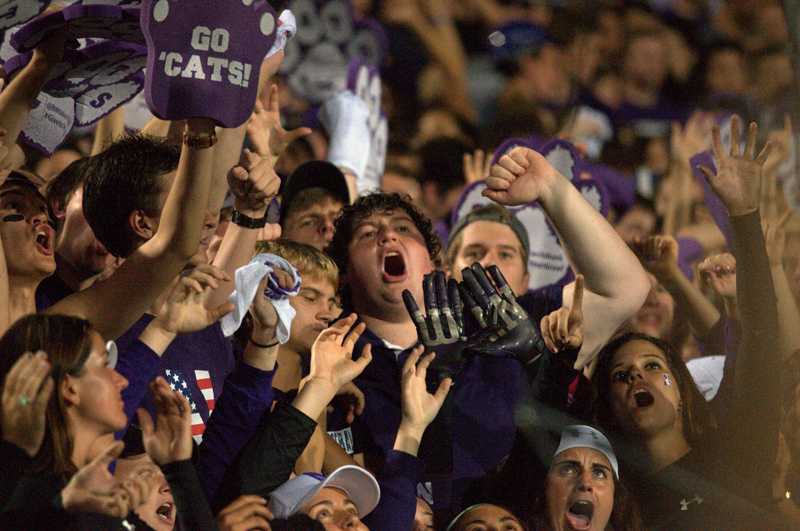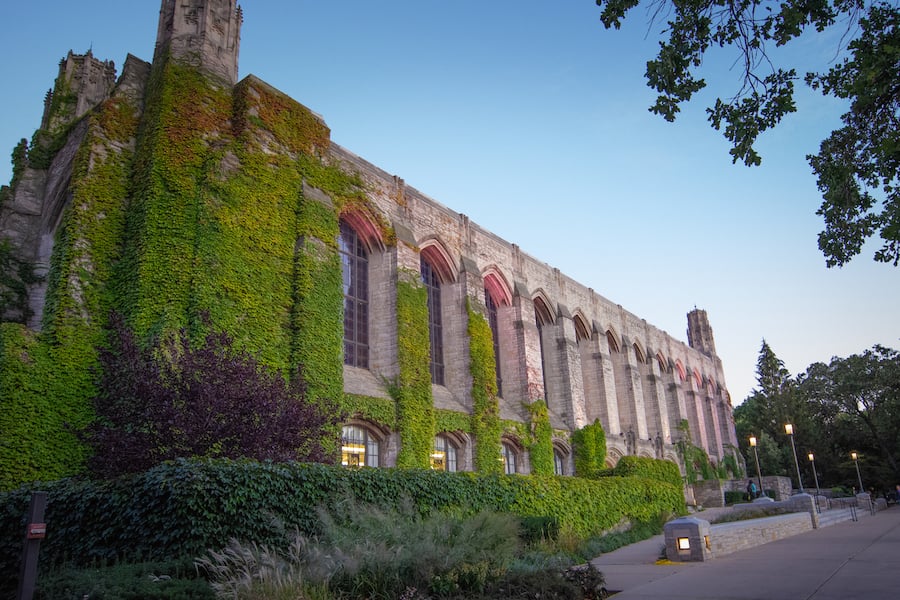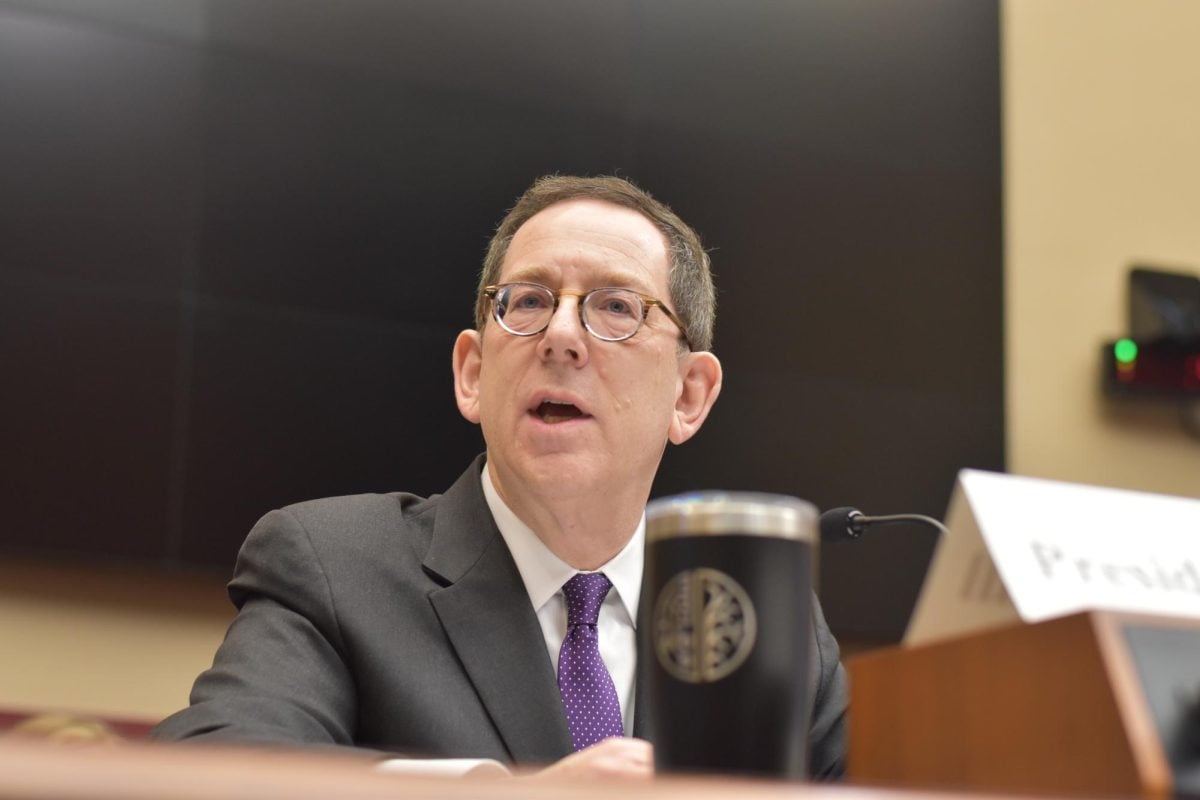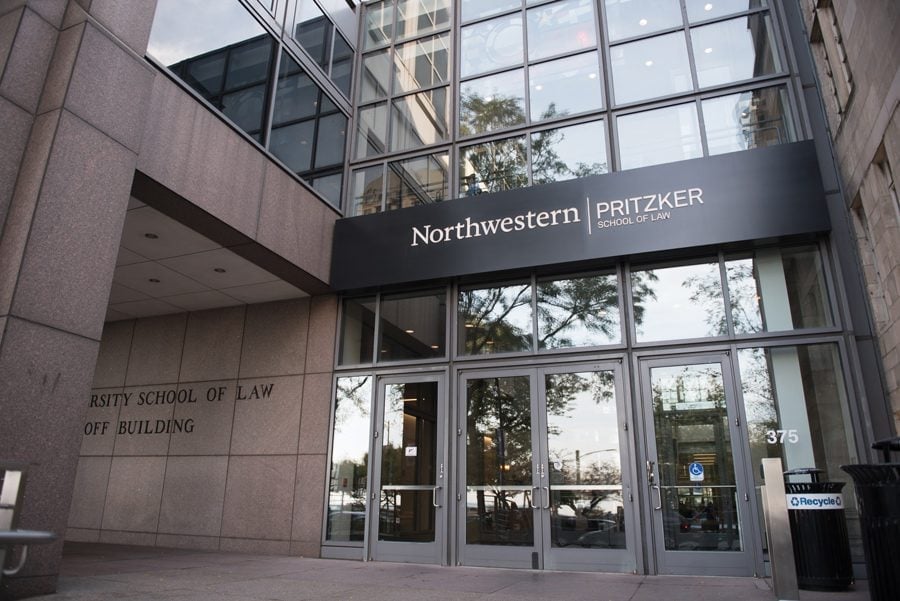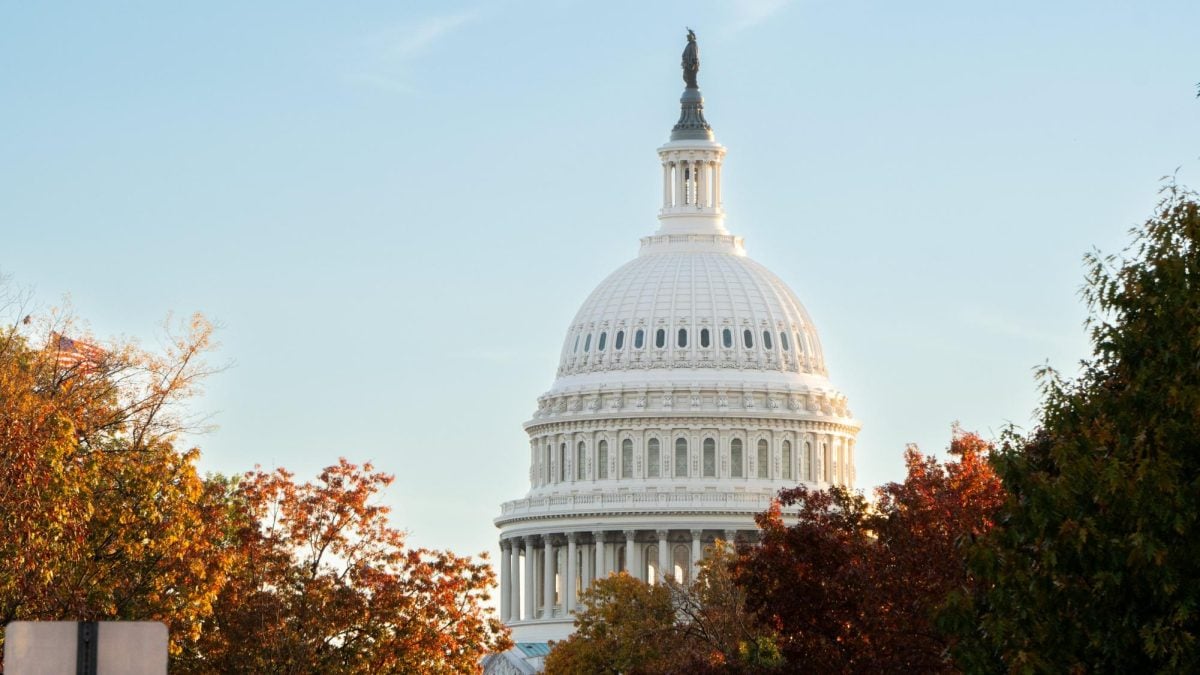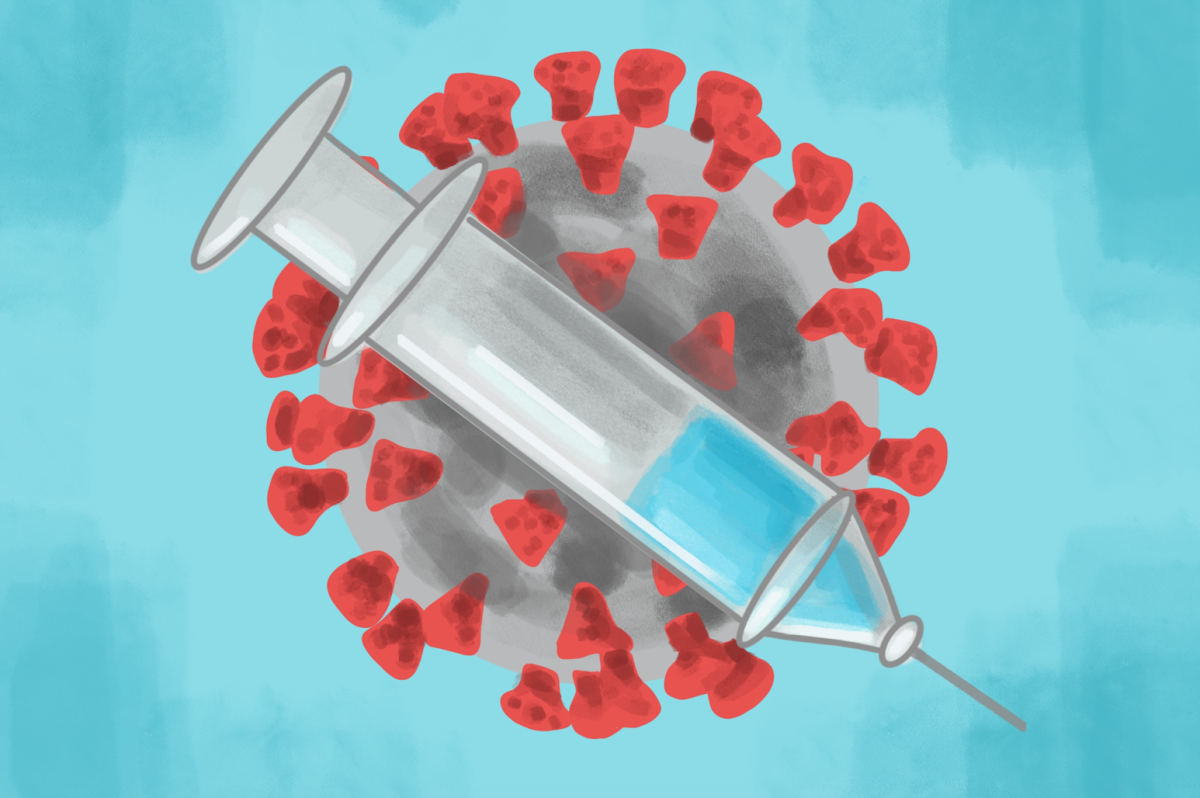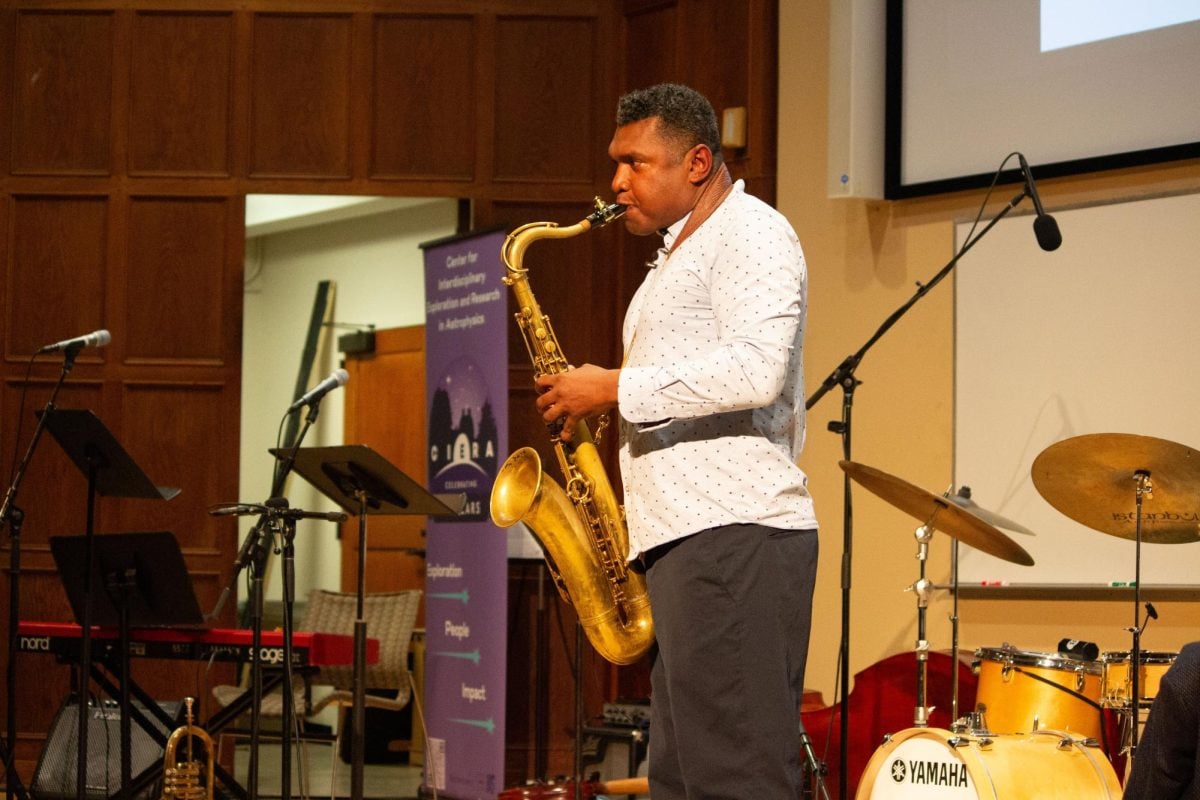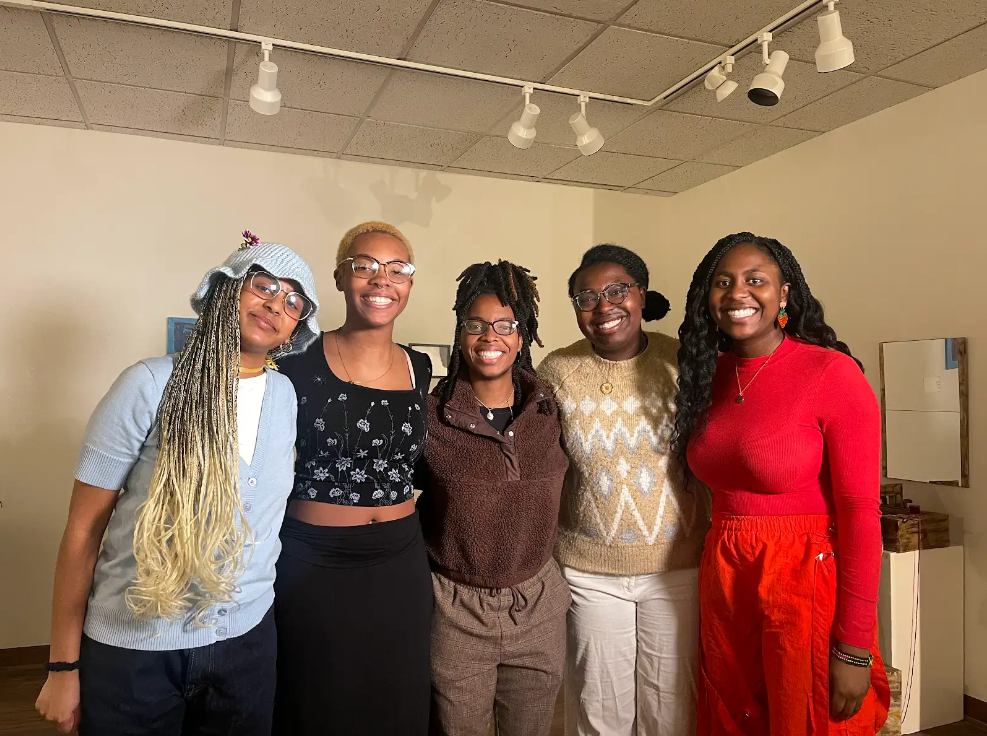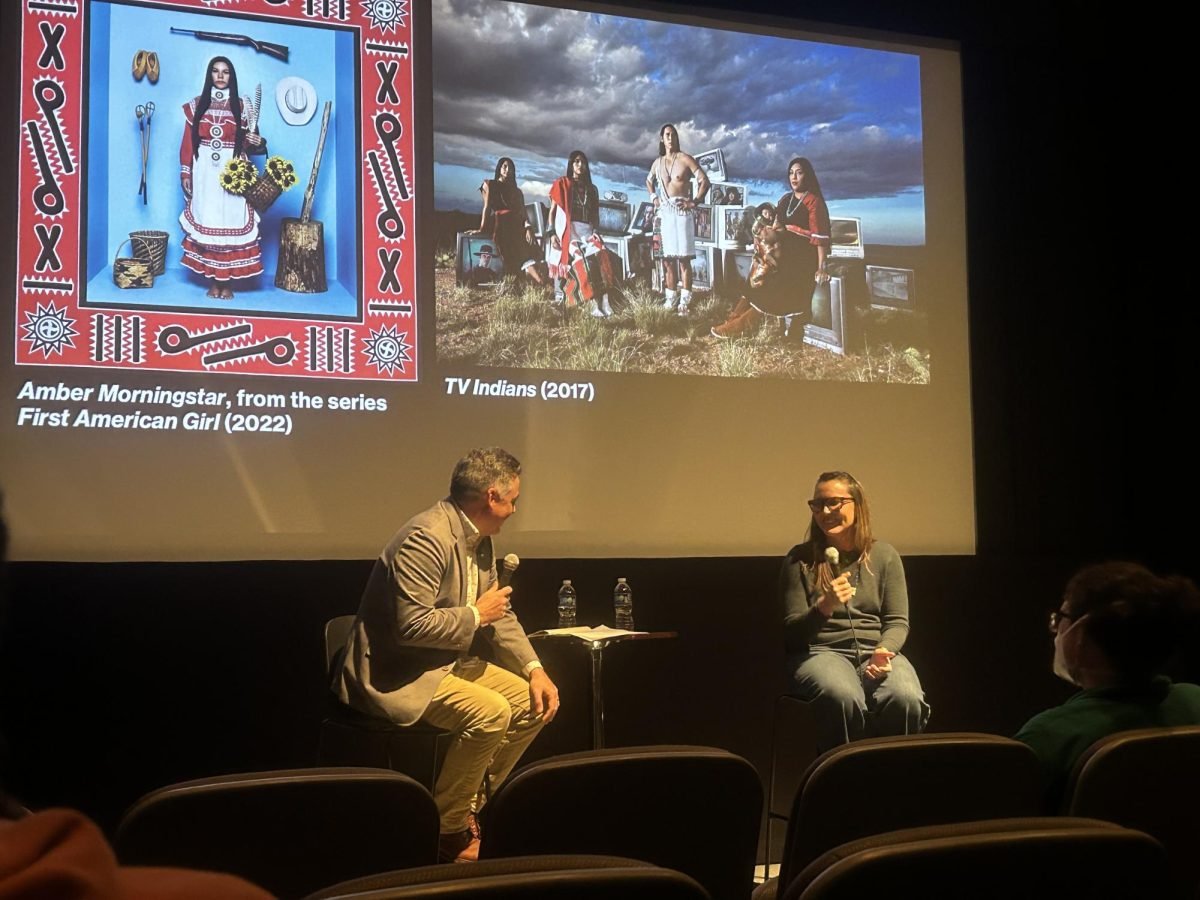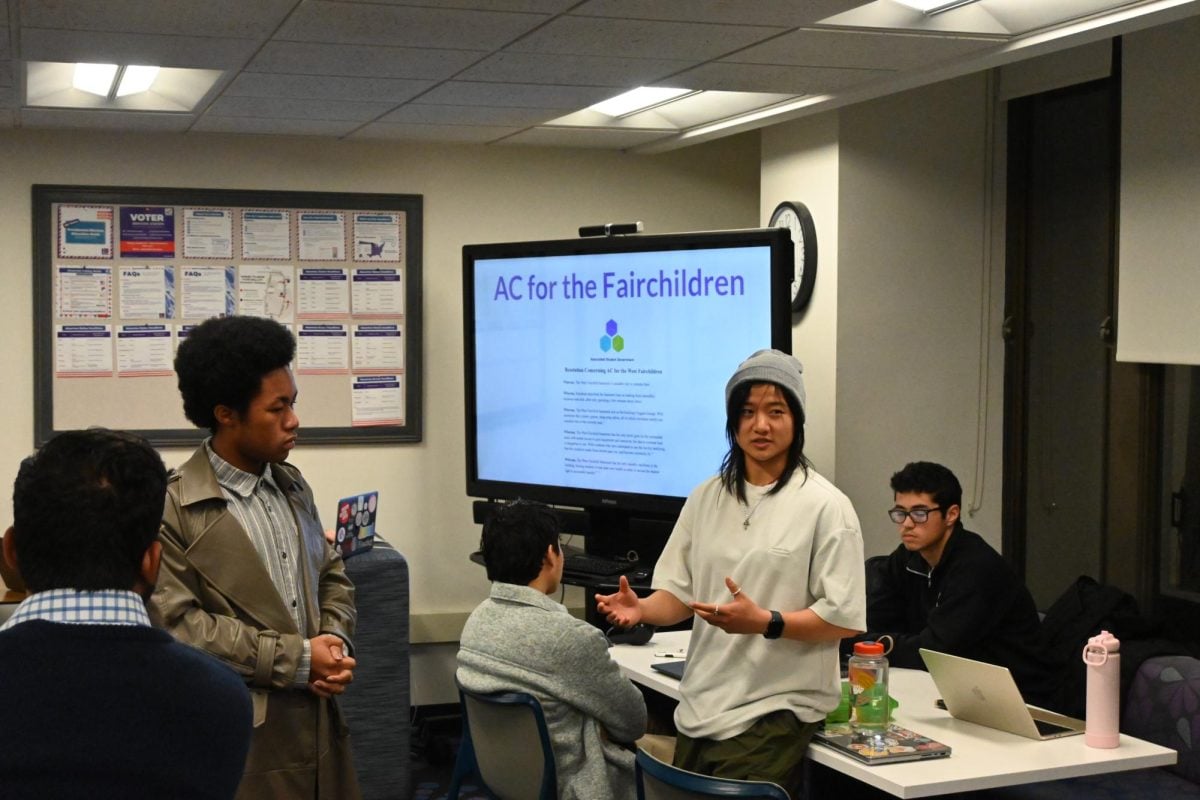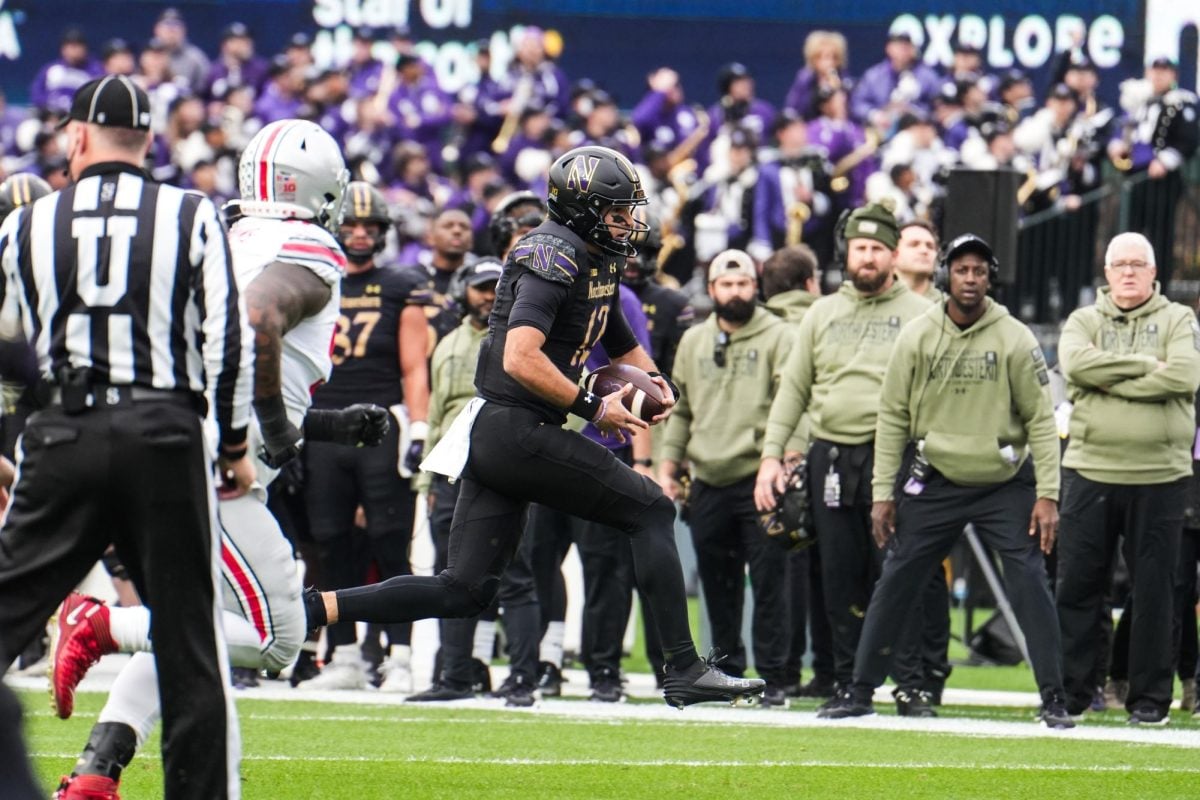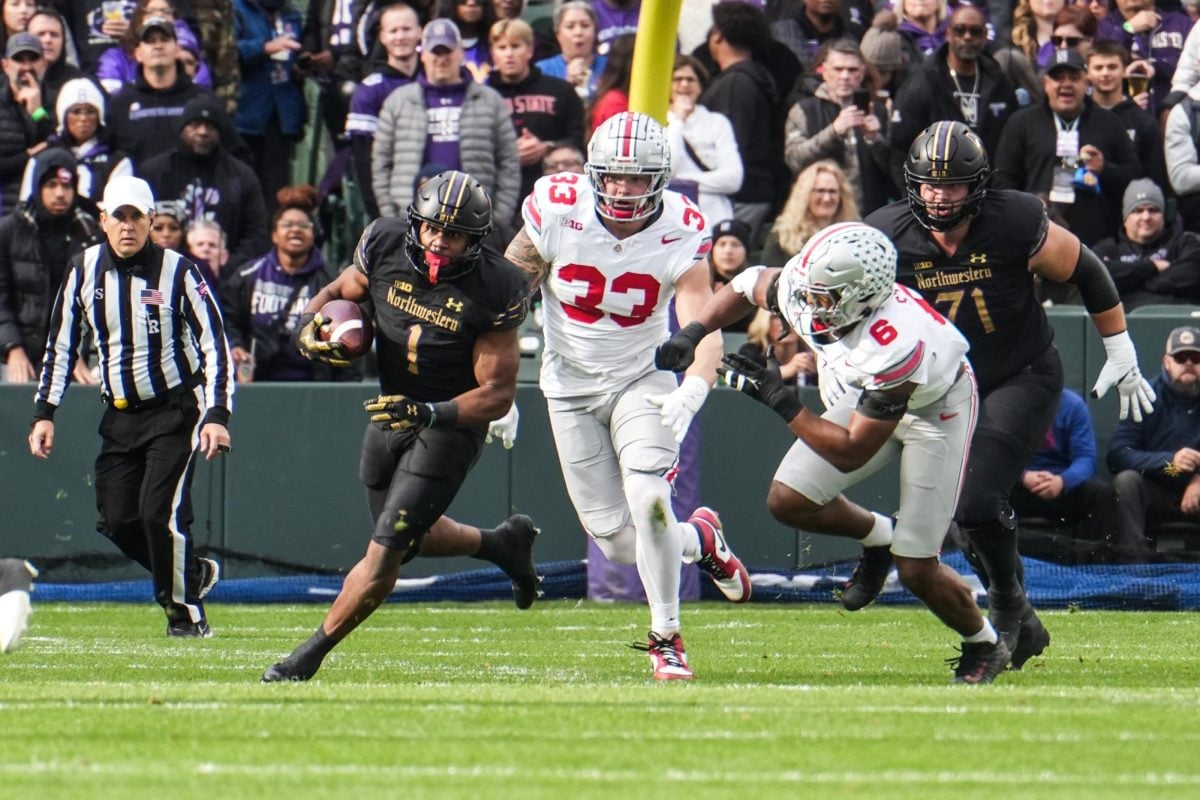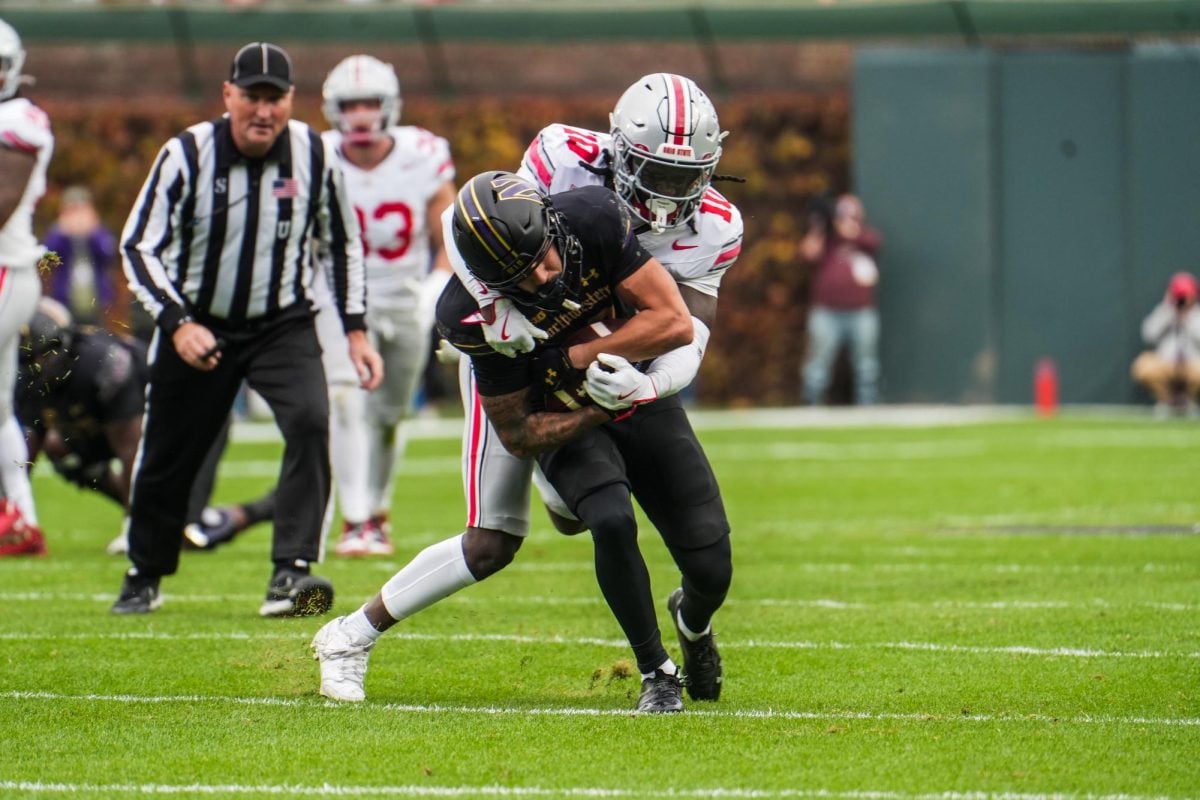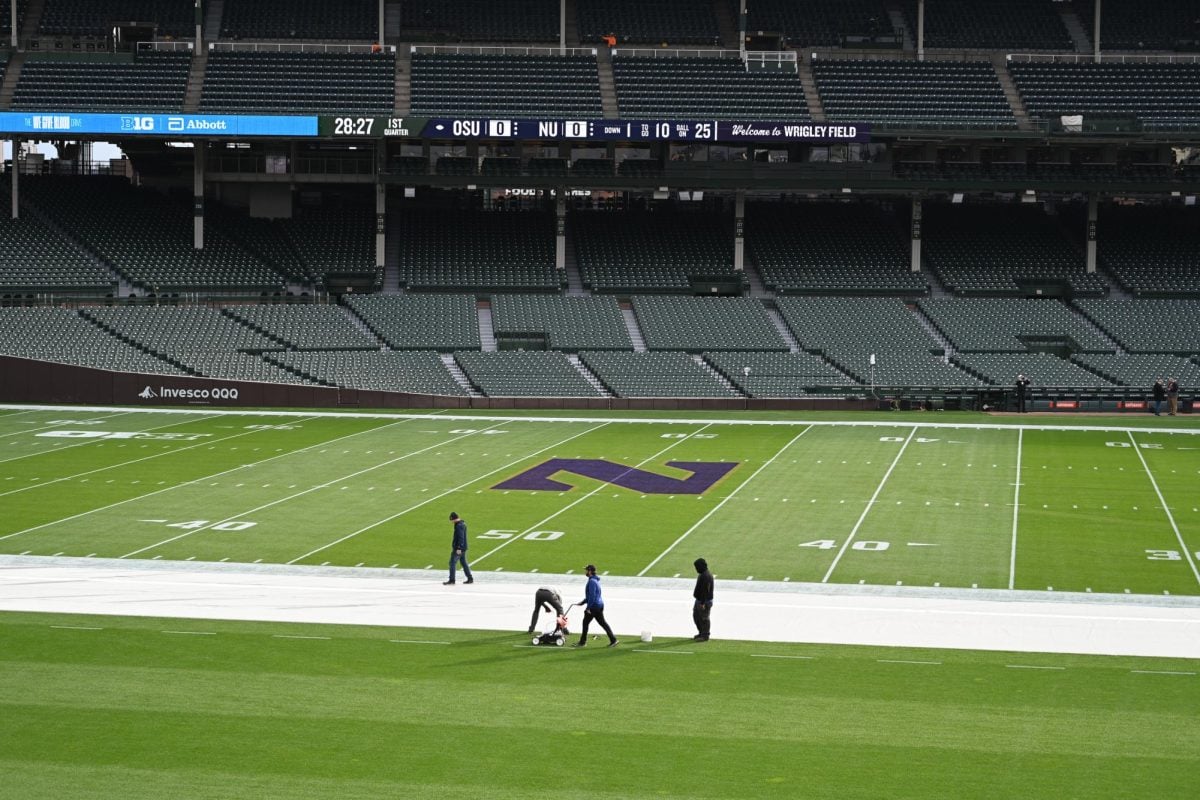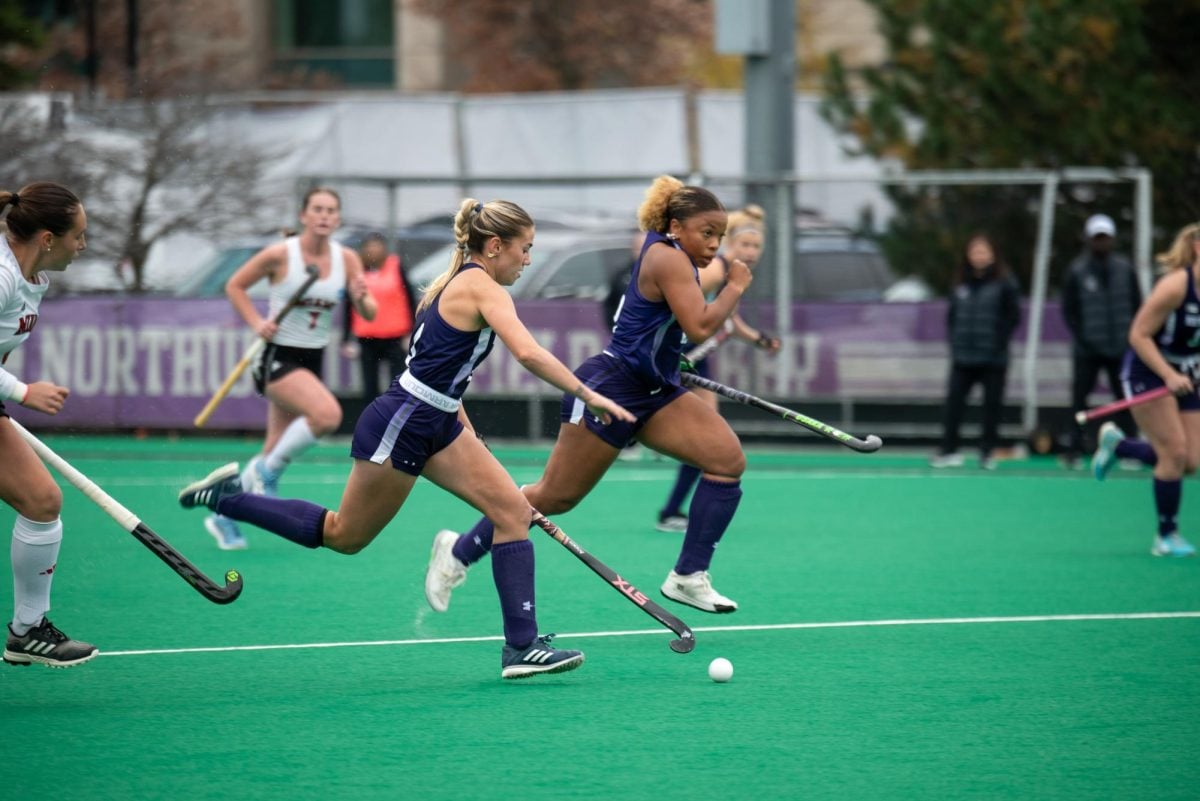Saturday’s sold-out game against Ohio State attests to the success of its new ticket-pricing strategy, a Northwestern economist leading the effort said.
Kellogg Profs. Jeff Ely and Sandeep Baliga came up with the idea, deemed “Purple Pricing,” which matches supply with demand for widely anticipated games.
The pricing model attempts to recapture revenue lost in the secondary market on sites such as StubHub. The University sets a price for tickets and as demand falls, the prices drop. Fans are refunded the difference between the set price and the resulting price after tickets have sold out.
After experimenting with the ticket-pricing strategy in two basketball games last season, the University extended the pricing strategy to two football games.
For the Ohio State matchup, demand for tickets was “extremely high,” Baliga said. He said the game, which drew a national TV broadcast and brought ESPN’s “College GameDay” to Evanston, was in higher demand than even last season’s big-ticket games.
“We’ve sold out, so there’s no trade-off in terms of attendance,” Baliga said.
Purple Pricing attempts to recapture revenue lost in the secondary market on sites such as StubHub. The University sets a price for tickets and as demand rises, the prices drop. Fans are refunded the difference between the set price and the resulting price after tickets have sold out.
Fans also have the option to bid on tickets, but they run the risk of not getting a spot in a sold-out game by waiting until prices drop to their bid level. The ticket-pricing strategy is intended to encourage NU fans to become season ticket holders, said Ryan Chenault, assistant director of marketing for the athletic department.
“Some people have chosen that’s not what we want to do and want to stay home and that’s fine, but others do,” Chenault said.
Sideline tickets for NU’s Nov. 16 game against Michigan, which will also use Purple Pricing, are currently on sale for $148 on the NU football page.
“Someone has to take advantage of it,” said Jason Gross, a 15-year NU season ticket holder. “I’d prefer that the University and the athletic department can take the benefit in a game like Ohio State where you have a lot of people who are willing to spend the money, versus the scalpers or the brokers.”
Email: [email protected]
Twitter: @edwardcox16
Correction: A previous version of this article misstated the relationship between demand and price. The Daily regrets the error.
